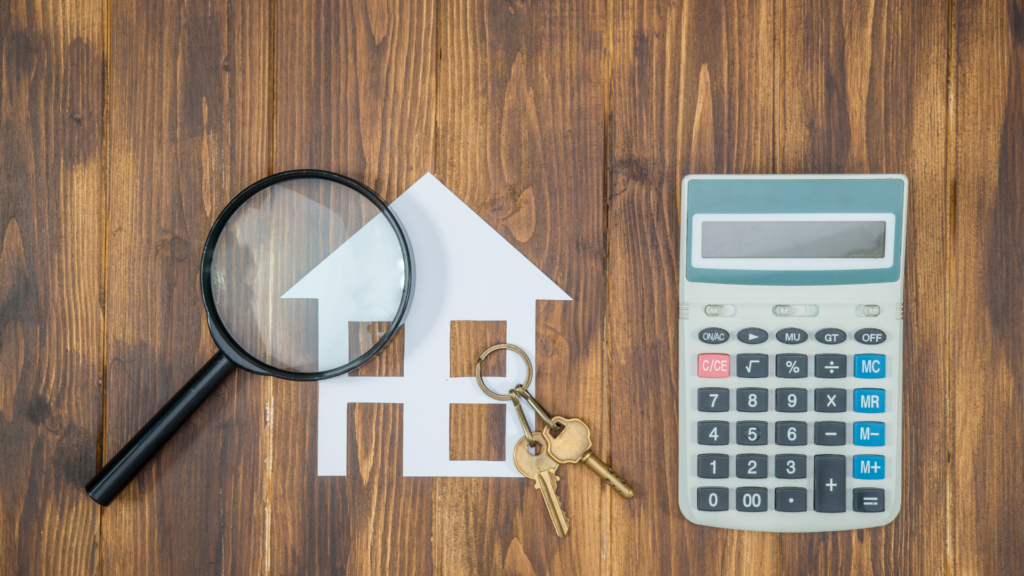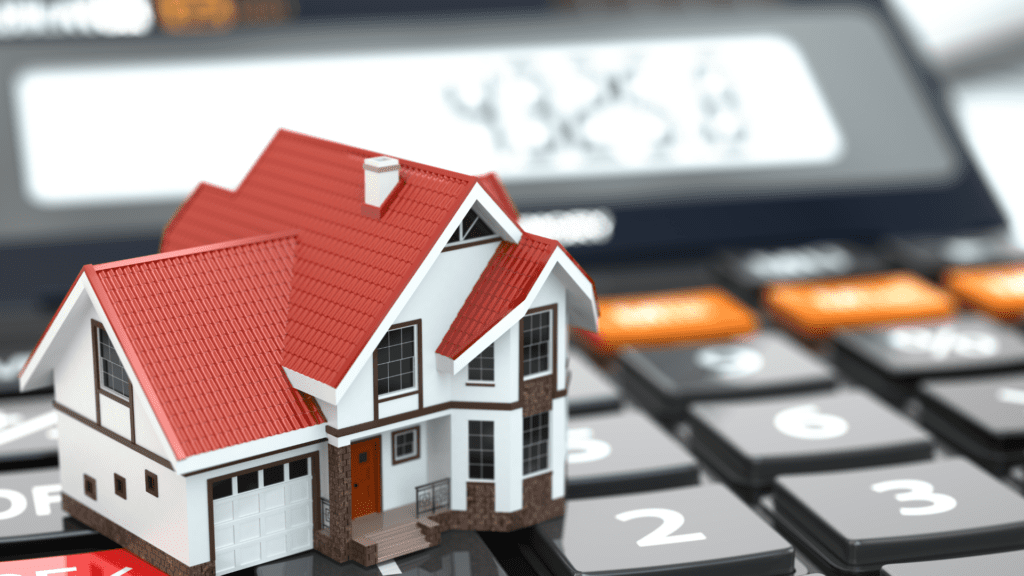
Are Mortgage Calculators Accurate
When embarking on the journey of buying a home, one of the first tools potential homeowners turn to is a mortgage calculator. These online tools are designed to provide quick estimates of your monthly mortgage payments, helping you understand how much house you can afford. But the question arises: Are mortgage calculators accurate?
The Basics of Mortgage Calculators
Mortgage calculators work by inputting several key pieces of information, including the home’s purchase price, your down payment, the loan term (usually 15 or 30 years), and the interest rate. Some calculators also allow for the inclusion of property taxes, homeowner’s insurance, and homeowners association (HOA) fees to provide a more comprehensive monthly payment estimate.
Factors Affecting Mortgage Calculator Accuracy
1. Interest Rates Variability
One of the primary factors affecting the accuracy of mortgage calculators is the interest rate used in the calculation. Interest rates fluctuate based on market conditions and the borrower’s creditworthiness. The rate you input might not be the rate you qualify for, leading to discrepancies in the calculated monthly payment.
2. Changing Property Taxes and Insurance
Property taxes and homeowner’s insurance are often included in mortgage calculators to provide a more accurate monthly payment estimate. However, these amounts can vary greatly depending on the property’s location and the insurance coverage chosen. Overestimating or underestimating these costs can significantly affect the accuracy of the calculator’s output.
3. HOA Fees
For homes in communities with homeowners associations, monthly HOA fees can add a significant amount to your housing expenses. If a mortgage calculator does not account for these fees, or if the user does not have accurate fee information, the final monthly payment estimate may not be accurate.
4. Loan Terms and Types
The type of loan (e.g., fixed-rate, adjustable-rate) and the specific terms of the loan can also impact the accuracy of mortgage calculators. For example, adjustable-rate mortgages (ARMs) have interest rates that change over time, which can significantly affect your monthly payment amount. If a calculator assumes a fixed rate when you’re actually getting an ARM, the estimate will not be accurate over the life of the loan.
Enhancing the Accuracy of Mortgage Calculators
To get the most accurate estimate from a mortgage calculator, consider the following tips:
- Use Up-to-Date Information: Ensure the interest rate, property taxes, and insurance rates are current and reflective of your situation.
- Include All Costs: Input all relevant costs, including HOA fees and any other expenses that will be rolled into your mortgage.
- Understand Your Loan: Know the details of your loan type and terms. Use a calculator that allows for adjustments based on your specific loan.
- Consult with Professionals: For the most accurate assessment, consult with a mortgage professional who can provide personalized information based on your financial situation and credit history.
Limitations of Mortgage Calculators
Despite their usefulness, mortgage calculators have limitations. They provide estimates based on the information entered, without considering the full scope of your financial situation or changes in the market that could affect interest rates or property values. Moreover, they do not factor in potential changes in your income or expenses over the life of the loan.
Conclusion
So, are mortgage calculators accurate? They can be useful tools for getting a ballpark figure of your potential monthly mortgage payments. However, their accuracy is dependent on the quality of the information inputted and the calculator’s ability to include all relevant costs. For a more accurate and personalized estimate, it’s best to consult with a mortgage professional. Understanding the limitations and how to effectively use these calculators can make them a valuable part of your home-buying process, helping you set realistic expectations and budget appropriately for your new home.

